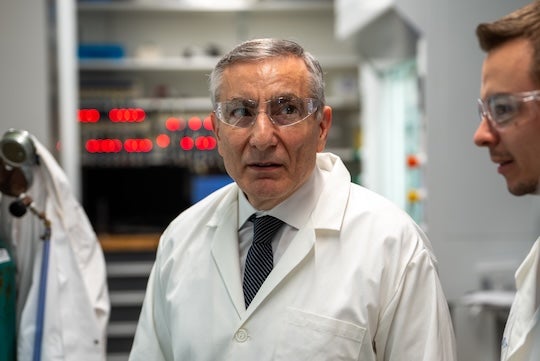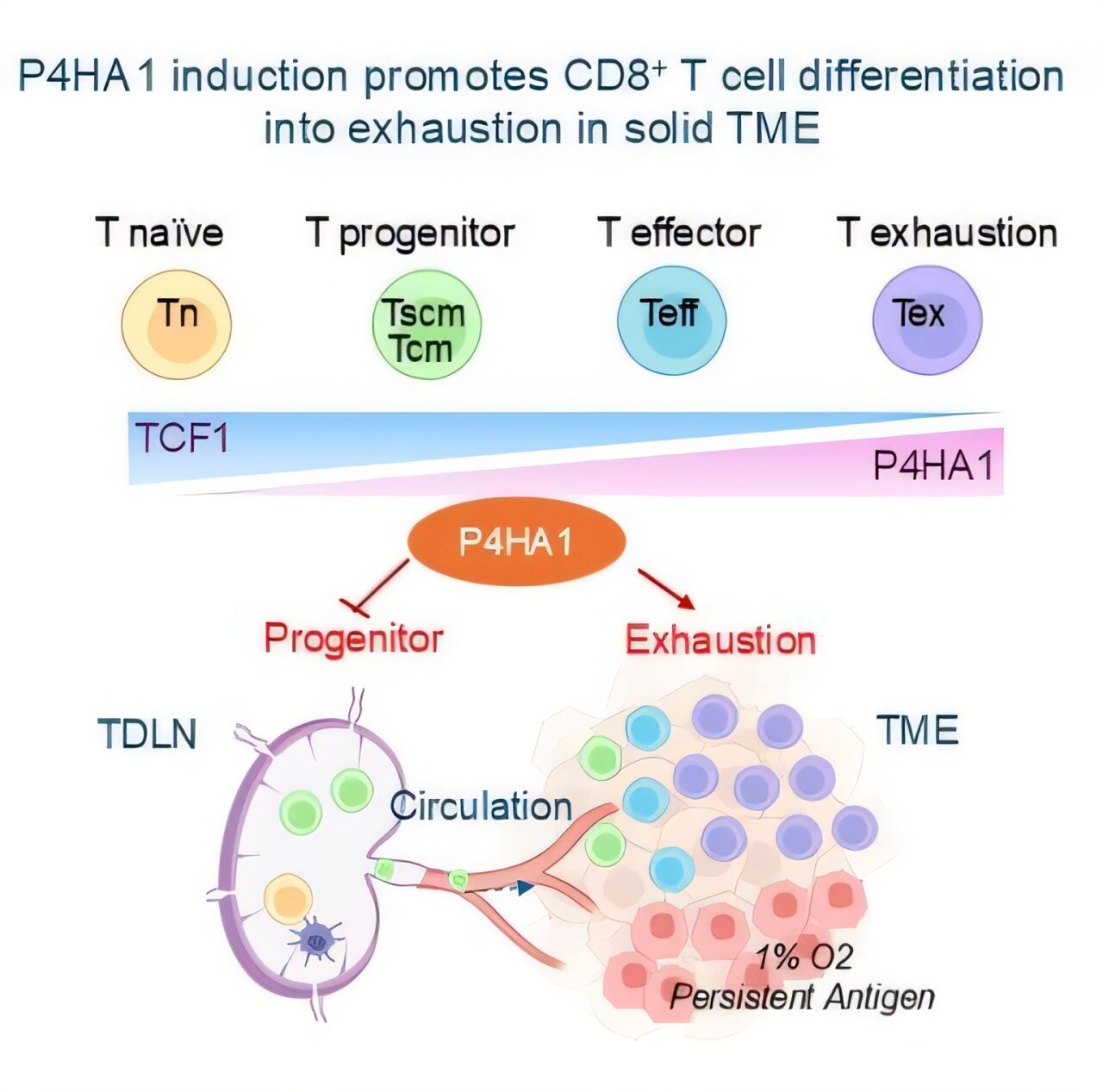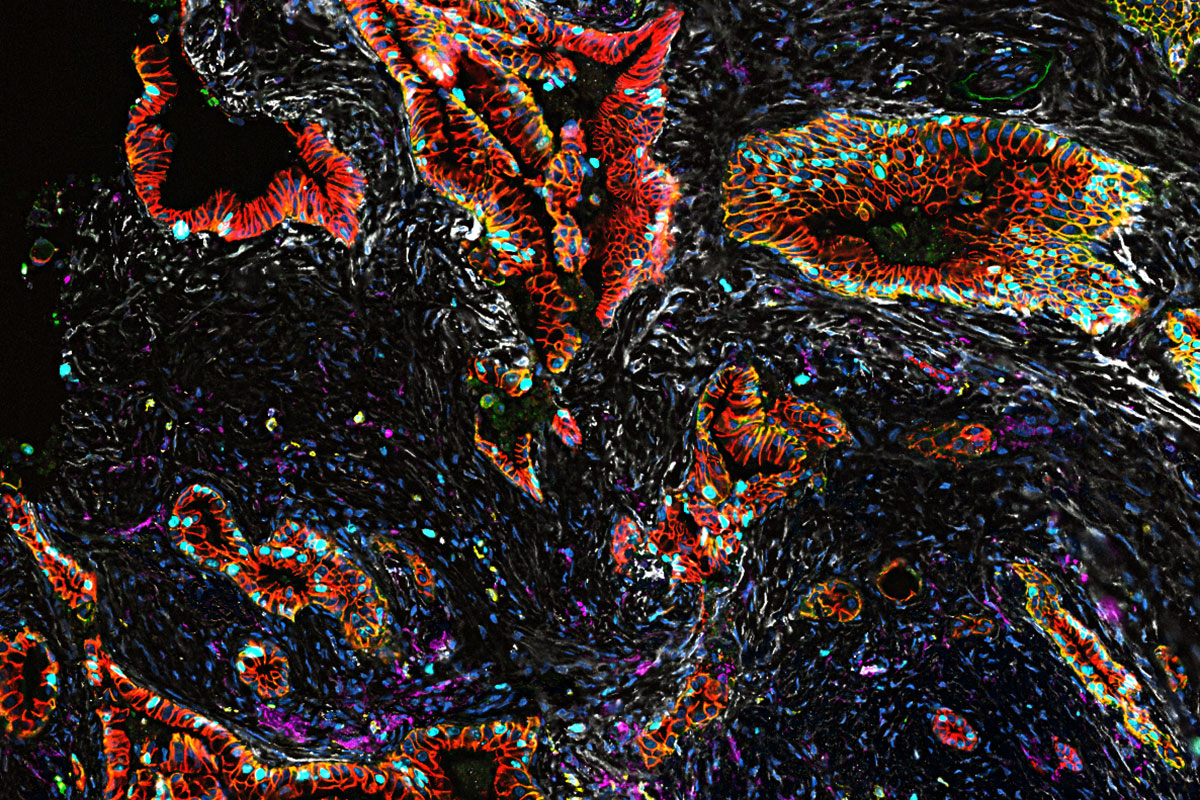Pancreatic
-
Facebook
-
Twitter
-
Linkedin
Research into early diagnostic biomarkers and novel drug combinations is helping tackle one of the deadliest cancer types. Advances in immunotherapy offer new hope.

Breakthrough Discovery Paves the Way for Treating One of the WorldÕs Most Lethal Cancers
Pancreatic cancerÕs five-year survival rate is currently only 13% and is responsible for over 5% of all cancer deaths in the UK. Unfortunately, the symptoms of this disease often only appear once the cancer has already spread to other parts of the body.

New cutting-edge equipment advances surgical care at Rupert Hospital
Prince Rupert Regional Hospital has acquired new state-of-the-art equipment, significantly advancing surgical care for patients.

Pushing the boundaries of radiation treatment: Breakthrough in pancreatic cancer therapy advances to clinical trials
A novel approach developed by scientists, including Rice University chemist James Tour, could transform treatment for pancreatic cancer, one of the deadliest cancers with limited therapeutic options.

Research Spotlight: Advances in Pancreatic Cancer Research and Key Insights from ASCO GI 2025
PanCAN Chief Scientific & Medical Officer Dr. Anna Berkenblit outlines the latest advances in pancreatic cancer and offers key insights from ASCO GI 2025.

Pushing the boundaries of radiation treatment’: Breakthrough in pancreatic cancer therapy advances to clinical trials
A novel approach developed by scientists, including Rice University chemist James Tour, could transform treatment for pancreatic cancer, one of the deadliest cancers with limited therapeutic options. Researchers have introduced a targeted nasal delivery method that repurposes WR-2721, generically known as amifostine — a radioprotective prodrug historically administered intravenously.

A new breakthrough in pancreatic cancer treatment
Pancreatic cancer is one of the deadliest forms of cancer, with survival rates remaining alarmingly low.

Key enzyme identified as potential target for cancer immunotherapy
Scientists from A*STAR Genome Institute of Singapore (A*STAR GIS) have uncovered that a key enzyme—P4HA1 prolyl hydroxylase, is strongly induced in CD8+ T cells in solid cancer, the primary immune cells involved in combating cancer. P4HA1 causes disruptions in energy production within the cells, which leads to weaker immune cells that are less able to fight cancer and form long-lasting anti-cancer immunity, highlighting P4HA1 as a promising target for treating solid tumors.

Study offers insights into how pancreatic cancer develops | WashU Medicine
Atlas of pancreas tumors reveals important new findings in treatment resistance, possible new therapies

Research shows big cause of pancreatic cancer and how to treat it
big cause of pancreatic cancer and how to treat it

Could MRI Spot 'Pre-Cancer' Lesions of the Pancreas?
TUESDAY, Dec. 17, 2024 (HeathDay News) — Pancreatic cancer can be a silent killer — the organ is located deep inside the body, making cancer harder to detect






